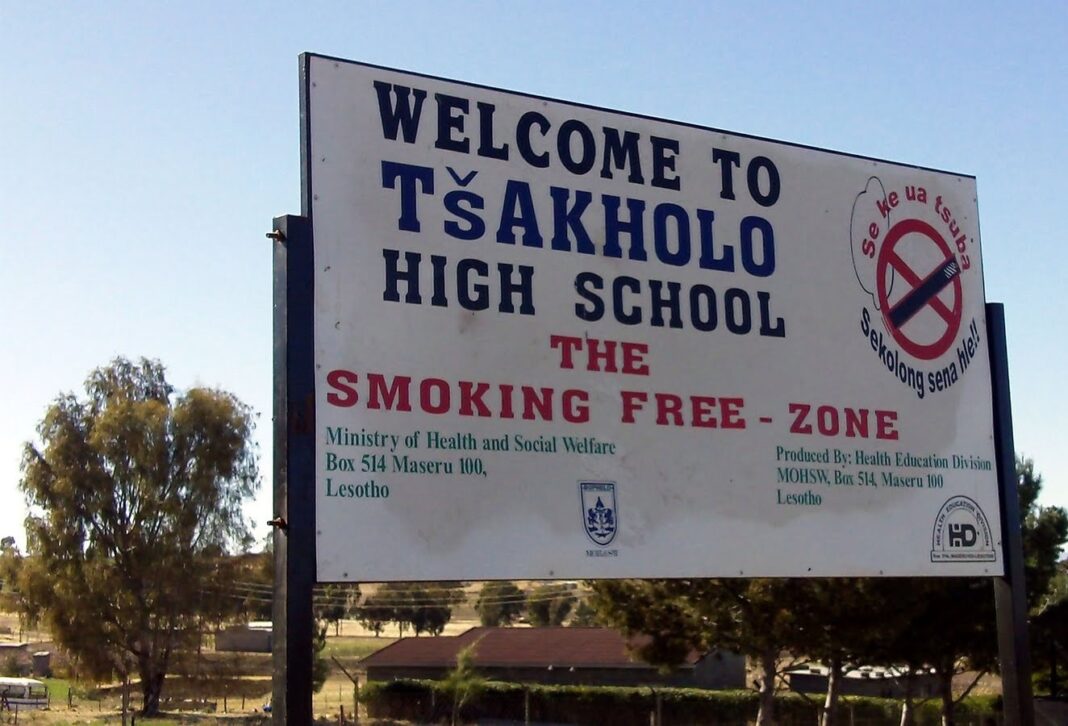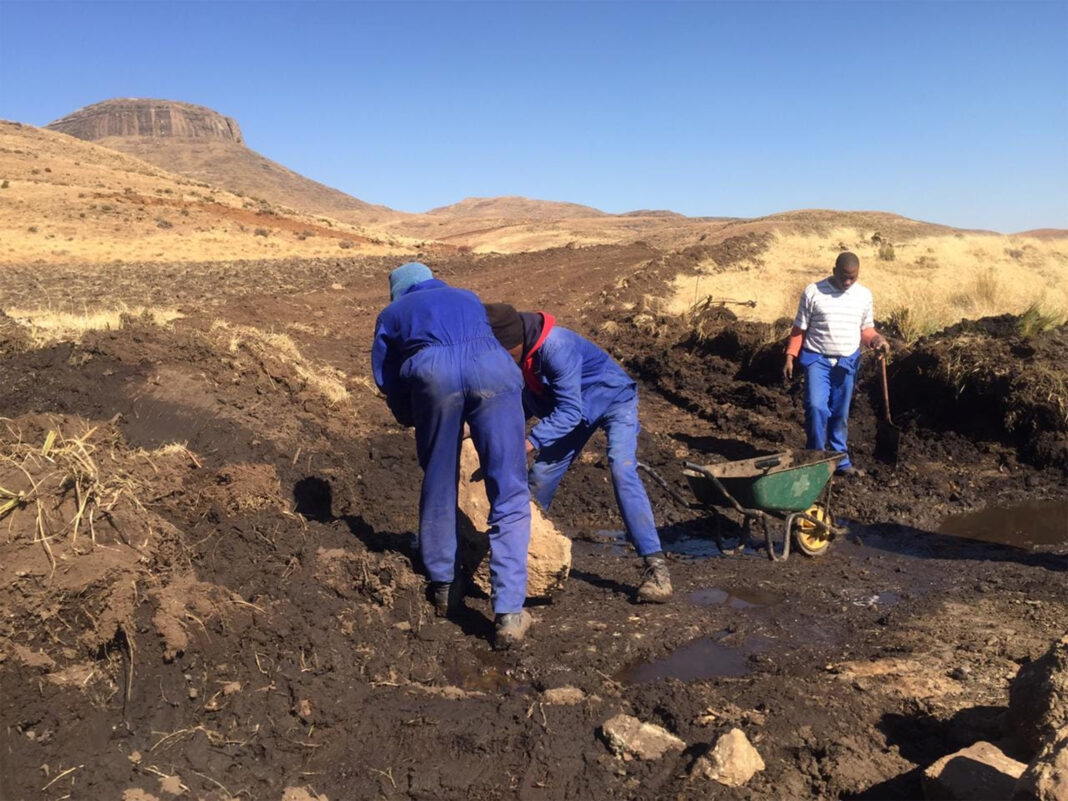By Poloko Mokhele
Access to information in Lesotho remains a hard-fought battle by free expression activists and media freedom fighters. This is against a background of archaic laws and legal instruments detrimental to the enjoyment of this right by the media, as well as the general public.
This is according to the Media Institute of Southern Africa (MISA) in its 2020 Transparency Assessment report which was published on Monday.
The aim of the study was to assess the state of access to information in Lesotho, specifically it sought to examine the level of openness and ability to provide requested information by government and public organisations. Each MISA Chapter conducts research by evaluating the websites of government and public organisations along with written requests for information.
A number of government organisations “hamper access to information by labeling certain information and government documents as ‘confidential’ or ‘secret,’ and most public organisations have for decades treated public information as though it is a right to be enjoyed by only a few elites and not the general public,” states the reports.
A total of ten institutions, Land Administration Authority, Lesotho Electricity Company, Lesotho Highlands Development Authority, Lesotho Revenue Authority, Ministry of Communications, Science and Technology, Ministry of Health, Nations Manpower Development Secretariat, National University of Lesotho, Office of the Prime Minister and the Water and Sewage Company were surveyed to evaluate their level of public access to information.
All surveyed public organisations have active websites, most of which contain basic information about the organisation including their business hours; most websites (especially those of government ministries) contain out-of-date information. “The ministry of health’s website still states their goals for the year 2000. A few websites have a ‘news’ section, which sometimes carries information that is over three years.”
The National University of Lesotho (NUL) is reported to be “the most open public organisation in Lesotho in terms of information dissemination,” and its website is said to contain up-to-date information as well as interactive features.
Despite being the most open public organisation, the report stated that, “Although they (NUL) did not supply the information requested, they were very prompt in responding to the information request. The reason given for non-supply of information was the officer was alone in the office and was loaded with work.”
Although it recorded similar scores to the Ministry of Health, the National Manpower Development Secretariat is said to be the most secretive organisation in Lesotho, “because its website contains no information about the organisation.”
The study which was headed by former MISA Lesotho president, Boitumelo Koloi revealed that all surveyed public organisations have designated information officers, however most information officers do not respond timeously to requests for information and are reluctant to provide written responses.
MISA made a recommendation that “there is a need for legal framework to enforce access and receipt of public information in Lesotho, which will hopefully come to pass during the multi-stakeholder national reforms program.”
In an effort to realise a viable platform for unhindered access to information, MISA Lesotho advocated for an access to information law which culminated in the Access and Receipt of Information of 2000. However, 20 years later, the bill is yet to be enacted into law by parliament.
In September 2020, Prime Minister Dr. Moeketsi Majoro announced that government intends to introduce a bill that will classify certain governments documents and correspondence as confidential and it would be an offence for the media or anyone else to publish or to be found in possession of classified government information and documents, a move which was widely criticized by media activist and different civil society organisations.
MISA highlighted that the 11th edition of the Transparency Assessment was done against the backdrop of the global COVID-19 pandemic, as a result, the already unfavorable situation regarding access to information in Lesotho worsened. “It seems as though many government ministries have taken advantage of the situation and decline requests for information.”









